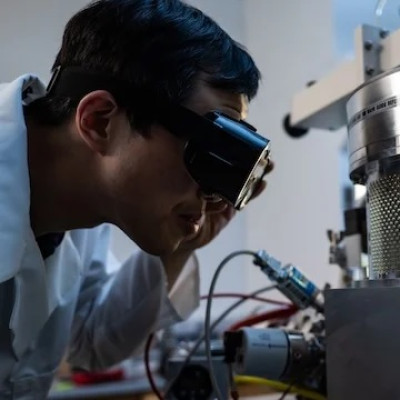Researchers at the University of Birmingham have developed a new method for the rapid scalable preparation of uniform nanostructures directly from block polymers.
This novel approach, led by the Dove and O'Reilly groups, significantly reduces processing time from a week to just minutes, enabling high-throughput production of precision polymer nanomaterials.
Publishing their findings in Nature Synthesis, the teams outline a rapid seed preparation technique that supersaturates polymer solutions in a flow system.
This new method offers a powerful, scalable, and precise approach to developing diverse and complex polymer nanoparticles and paves the way for their scalable synthesis and potential applications in catalysis, biomedical engineering, and energy transfer.
Overall, the versatility and efficiency of this new method open numerous possibilities for its application in various fields and marks a significant step forward in the field of precision nanomaterials.
Professor Rachel K. O'Reilly, one of the lead researchers, comments: "This innovative method represents a significant leap forward in the field of nanomaterials. By drastically reducing the processing time and increasing throughput, we can now produce high-quality nanostructures at a scale that was previously unattainable."
Professor Andrew P. Dove adds "The integration of seed preparation and living CDSA in a continuous flow setup is a game-changer. It not only enhances efficiency but also ensures uniformity and reproducibility, which are critical for the practical application of these nanostructures."
Laihui Xiao, the first author of the study, comments, "Our flash-freezing strategy is a key innovation that allows us to achieve rapid and uniform seed formation. This breakthrough opens up new possibilities for the scalable synthesis of precision nanomaterials."
Precision polymer nanomaterials have several potential applications including significantly advancing drug delivery systems – allowing therapeutic agents to be carried directly to targeted cells, enhancing the treatment of diseases such as cancer.
Being able to produce well-defined nanostructures quickly and efficiently also opens new possibilities in energy transfer applications – developing advanced materials for solar cells and other renewable energy technologies.
Read the original article on University of Birmingham.







